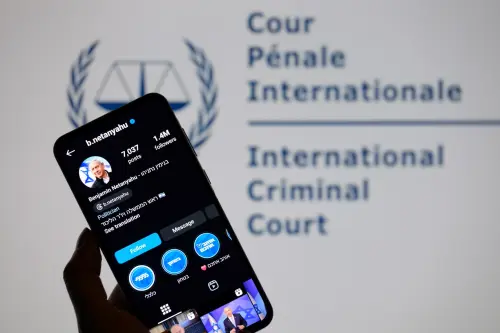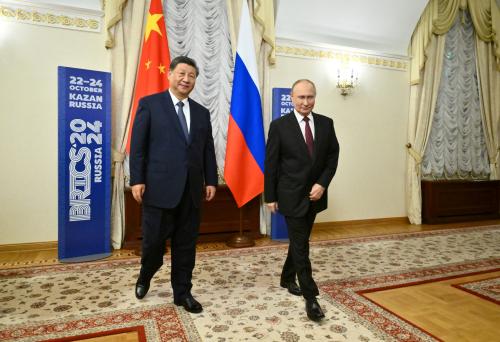Ambassador Samuel W. Lewis has left us. With his death on Monday at age 84, we have lost, not just a famous Middle East peacemaker, but one of the great American diplomats of the 20th century.
Part of what made Sam’s career so varied was his intellectual curiosity about the politics and history of the places he served. Sam was a keen observer of U.S. and Israeli politics, not just foreign policy – and he understood how the two fit together better than just about any career ambassador I’ve met.
Sam understood the importance of personal relationships in effective diplomacy, of reaching out and showing your humanity in moments when it mattered. “If Arab and Israeli leaders are to acquire any real confidence in a third-party mediator,” he said, “the mediator will have to demonstrate real understanding, not only of the issues, but also of the historical connections, underlying fears, and basic principles that shape the behavior of both sides.” Twenty-first century technology cannot replace this essential tool for diplomatic success, a tool Sam had mastered.
Sam’s sensitivity to personal and historical narratives in peace making helped shape my own thinking, including in How Israelis and Palestinians Negotiate – a book I wrote at the U.S. Institute of Peace (USIP), which Sam helped build as its president.
Sam understood that effective peacemaking takes time, patience and the readiness to listen. He understood the limits of “blunt” tools for influencing foreign leaders, like aid and military force, and the skill of using relationships as the best means of influencing foreign leaders. Most famously, Sam in 1977 took on a notoriously prickly Israeli prime minister, whom no one had expected to win, and worked with him to produce a historic peace between Israel and Egypt. Sam was convinced from his first meeting with Menachem Begin that, contrary to the State Department’s reigning assessment, Begin was genuinely interested in a close partnership with Washington and in pursuing peace with Egypt. At a key moment in the Camp David talks, he persuaded President Carter not to give up on Begin, and to see the prime minister as a shrewd calculator of political costs, not an intransigent ideologue. He said that the key to working with the Israeli leadership was not to push them in the desired direction, but to put your arm around their shoulders and show them where you wanted to go.
But Sam always described the Egyptian-Israeli peace process as a team effort, involving a complex set of relationships in Washington, Cairo, Jerusalem and beyond. And he always valued the ability to test his own and others’ ideas in a group setting. In the years I knew him, he was a tireless and generous presence in countless workshops, working groups, task forces and other collective brainstorming exercises seeking to advance U.S. efforts to bring about Arab-Israeli peace – participating in the firm belief that many heads are wiser than one. And yet, to me, he always seemed to be the wisest among us: savvy without being cynical, clear-eyed but creative, principled but pragmatic.
I had the honor to write, with Craig Daigle, a chapter assessing lessons from Sam’s work as a peacemaker for a volume edited by Mona Fixdal entitled Ways Out of War: Peacemakers in the Middle East and the Balkans. We launched the book with an event at Princeton University a year ago, and Sam was there – not just to bask in the attention, but to present his own lessons for Secretary Kerry in trying to relaunch Israeli-Palestinian peace talks. Even this winter, as he struggled with pneumonia, he remained an active voice in USIP’s Senior Working Group on Middle East Peace, where I worked with him under the leadership of former national security advisers Steve Hadley and Sandy Berger.
I will miss Sam’s wise voice at the policy table, and I’m grateful for all the years we had his good counsel.
The Brookings Institution is committed to quality, independence, and impact.
We are supported by a diverse array of funders. In line with our values and policies, each Brookings publication represents the sole views of its author(s).



Commentary
The Personal Touch in Arab-Israeli Diplomacy: A Remembrance of Ambassador Samuel W. Lewis
March 12, 2014